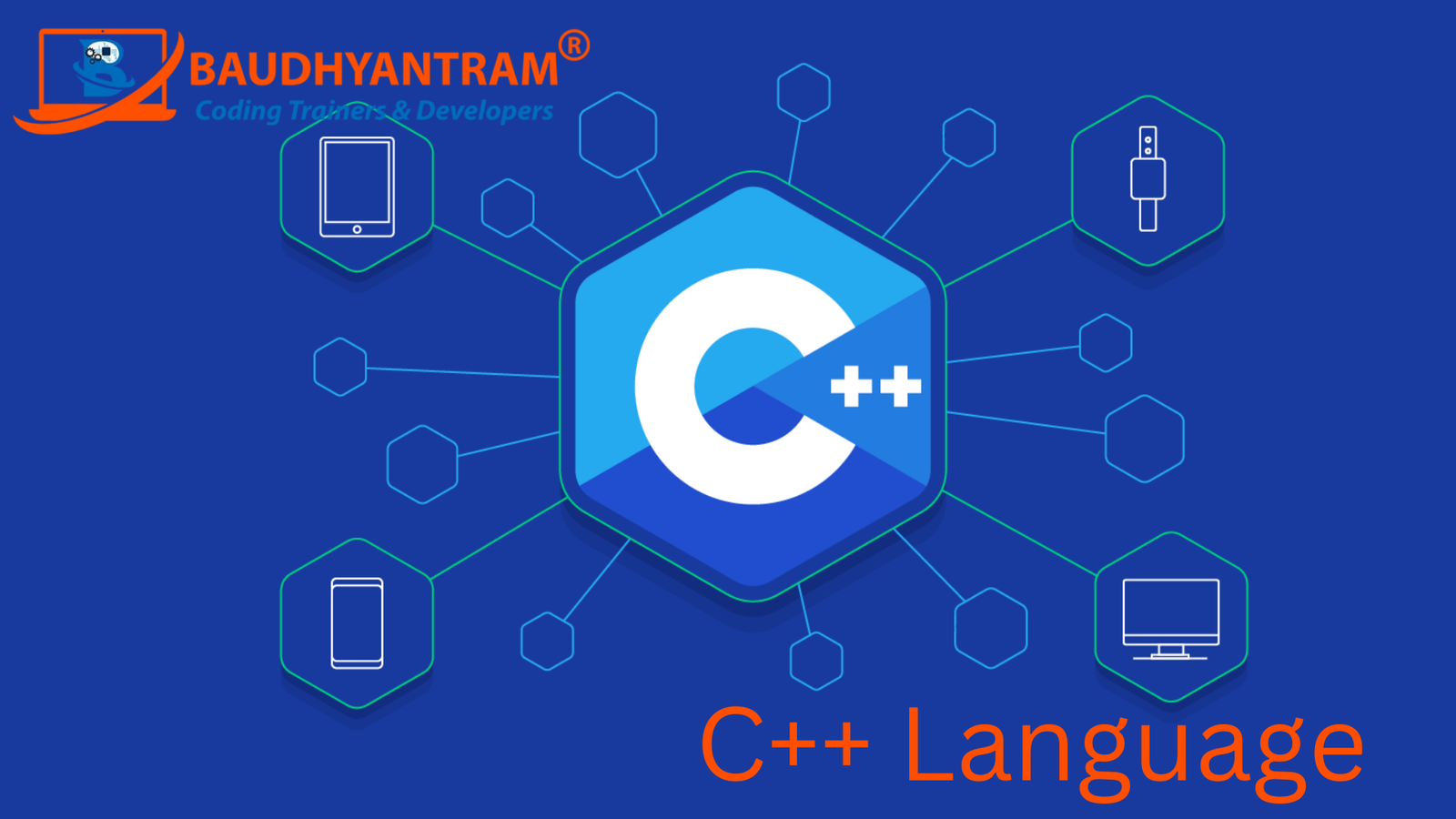
C++ Program
C++ is a powerful, general-purpose programming language that was developed as an extension of the C programming language. It was created by Bjarne Stroustrup in the early 1980s at Bell Labs. C++ maintains many of the features of C while also introducing object-oriented programming (OOP) features and capabilities.
Key features and aspects of C++ include:
Object-Oriented Programming (OOP): C++ supports OOP principles such as encapsulation, inheritance, and polymorphism. It allows for the creation of classes and objects, facilitating better organization and management of code.
Efficiency and Performance: C++ provides low-level access to memory and hardware, enabling efficient resource utilization. It allows programmers to have better control over memory allocation and management.
Standard Template Library (STL): The STL in C++ offers a collection of classes and functions, providing data structures (like vectors, lists, queues, etc.) and algorithms that enhance code reusability and efficiency.
Portability: C++ code can be compiled and executed across various platforms, allowing for a high degree of portability.
Rich Library Support: Besides the STL, C++ has a vast ecosystem of libraries for various purposes, including graphics, networking, GUI development, game development, and more.
Flexibility: C++ allows both high-level and low-level programming, combining the advantages of high-level abstractions with direct hardware manipulation.
Compatibility with C: C++ is backward compatible with C, meaning C code can be integrated into C++ programs. It allows for the use of existing C libraries and codebases within C++ projects.
Performance-critical Applications: C++ is often chosen for performance-critical applications, including systems programming, game development, embedded systems, and other scenarios where efficiency and speed are crucial.
our address
32, Preeti Enclave Shimla Bypass, Saharanpur Rd, near ICICI Bank, Chowk, Dehradun, Uttarakhand 248001
Location Delhi
H 82 First Floor, Opposite Bengali Sweet Center, South Ex 1, Delhi, 110049
Contact way
info@baudhyantram.com
+91 7900899996
Opening Houres
Mon - Sat(8.00am - 6.00pm)
Sunday - Closed

About C++ Language Training Program
C++ is a general-purpose programming language that was developed as an extension of the C programming language. It was created by Bjarne Stroustrup at Bell Labs in the early 1980s. C++ introduces object-oriented programming features to C, allowing developers to write code in a more modular and organized way.
Goal & Audience
- Multi-paradigm Language: C++ is not limited to OOP; it also supports procedural programming and generic programming. This flexibility allows developers to choose the paradigm that best fits their problem.
- Low-Level Manipulation: C++ allows low-level manipulation of data and direct memory access, making it suitable for applications where performance is critical, such as system programming and game development.
- Resource Efficiency: C++ allows developers to manage resources efficiently, providing manual control over memory and system resources. This is crucial for applications with strict resource constraints.
- Abstraction Levels: C++ allows developers to work at different levels of abstraction, from low-level memory manipulation to high-level object-oriented design. This makes it suitable for a wide range of applications.
Target Audience:
- System Programmers: C++ is commonly used by system programmers working on operating systems, device drivers, and other low-level software.
- Application Developers: C++ is used for developing a wide range of applications, including desktop applications, software tools, and utilities
- Game Developers: The performance and efficiency of C++ make it a popular choice for game development, where real-time processing and resource optimization are critical.
- High-Performance Computing: C++ is utilized in fields such as scientific computing and high-performance computing where computational efficiency is crucial.
Eligibility Criteria for C++ Language
The eligibility criteria for this training program vary depending on the specific program being offered. However, some common eligibility criteria include:
- Minimum educational qualifications: Require participants to have a basic level of education, such as a high school diploma or equivalent.
- Basic knowledge of computer systems: Participants should have a basic understanding of computer systems, including computer hardware and software.
- English proficiency: Require participants to be proficient in English, both spoken and written.
- Prior experience with programming: Doesn’t require participants to have any prior experience with programming.






